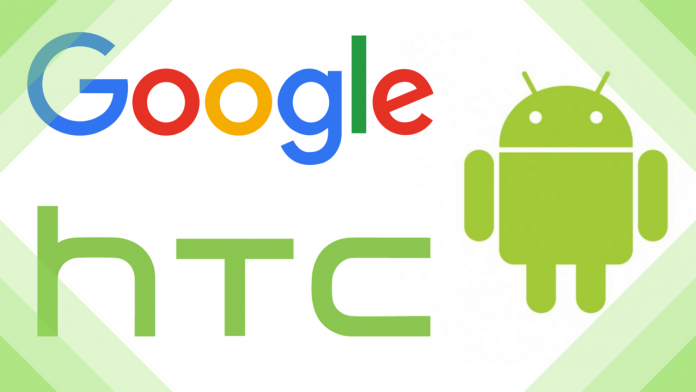
On Thursday, a report by the Commercial Times of Taiwan made headlines across tech websites in the United States, citing that Google had entered the final stages of negotiation to acquire HTC’s mobile business. The sources claimed the deal does not include the Vive VR division, contrary to earlier rumors.
If true, this would not be Google’s first foray into the business of acquiring a smartphone manufacturer. The tech giant had previously bought Motorola Mobility, only to end up losing money in the aftermath and selling it for a small fraction of its value to Lenovo.
Mountain View seeks to consolidate its position as a premium phone maker, and that is why it is looking to buy a manufacturer to become whole again. Hardware and software are already taken care of with dedicated divisions working under the Android and Pixel teams.
Google buying HTC is perfect.
They built the first Android phone.
They built the first Nexus phone.
They built the first Pixel phone(s).— Kaustubh Debnath (@kdcloudy) September 7, 2017
What would it mean that Google acquired HTC?
As many have pointed out up until now, the most significant and tangible consequence of Google going through with the rumored deal would be that it can finally operate as a whole unit in all aspects to create a truly seamless experience for consumers.
There, precisely, is where Apple’s secret lies: Cupertino controls all the components of the process, from the technology that itself manufactures (A Series chips, cameras, etc) to hardware (jointly with Foxconn) and software in the form of iOS.
Google would finally have a fully-fledged mobile division by coordinating its Android and Pixel arms with the manufacturing capabilities HTC could bring. The tech giant would have complete control over the experience, instead of relying on partnerships with third parties that all put their own twist on the mobile OS.
Google fans fear a sequel to the Motorola hype dream
However, a core Android experience was what was promised in 2011, when Google bought Motorola Mobility for more than $12 billion. Only a handful of smartphones were made after the deal, which would supposedly be flagships of seamless integration among all the components of smartphone usage.
Instead, the company ended up selling Motorola to Lenovo, withstanding massive losses due to the low price of the sale. Brand phones were good and solid during Google’s tenure, but not unique enough to compete against landmark names like Samsung and its products.
Motorola fans remained hopeful for the developments that were promised, but these never came. HTC enthusiasts face the same fears now, and consumers, in general, are wary of the tech giant committing the same mistake twice.
Nonetheless, the acquisition and actual manufacturing work should be smoother this time around, given that HTC remains up until this day one of Google’s strategic partners to manufacture Pixel branded devices. The upcoming Pixel 2 will be made by the Taiwanese company, whereas LG will make the Pixel 2 XL.
Source: Commercial Times










